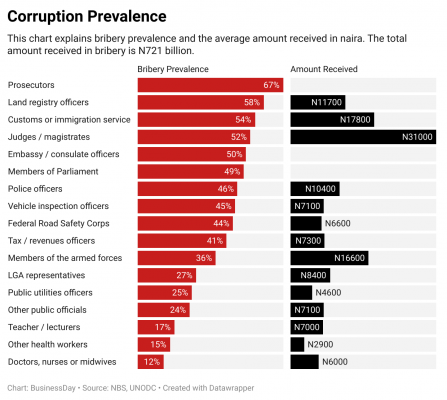For too long, many Nigerians have underestimated the power of politics. There is a common belief that as long as the economy is thriving, political issues can be overlooked. However, this perspective ignores the profound impact that political structures have on economic outcomes. The reality is that without meaningful political reform, Nigeria’s economy cannot achieve sustainable growth and development.
Political institutions set the rules of the game for economic interactions. They determine property rights, enforce contracts, and regulate markets. When these institutions are weak or dysfunctional, they create an environment where corruption thrives, investments are discouraged, and economic activities are stifled. In Nigeria, issues such as bureaucratic inefficiencies, lack of transparency, and inconsistent policy implementations have their roots in political shortcomings.
Nigeria’s post-independence history is replete with instances where political instability has led to economic downturns. Military coups, civil unrest, and electoral malpractices have often disrupted economic activities, leading to capital flight and loss of investor confidence. The 1999 transition to civilian rule brought hope, but the political landscape has continued to grapple with challenges that impede economic progress.
- Corruption: Despite numerous anti-corruption campaigns, corrupt practices remain pervasive in public institutions, diverting resources meant for development into private pockets.
- Policy Inconsistencies: Frequent changes in economic policies, often influenced by political considerations rather than economic rationale, create an unpredictable business environment.
- Weak Institutions: Institutions responsible for enforcing laws and regulations are often undermined by political interference, reducing their effectiveness.
- Strengthening Institutions: Building independent and efficient institutions that can uphold the rule of law and enforce regulations impartially.
- Enhancing Transparency: Implementing mechanisms that promote accountability in governance and reduce opportunities for corruption.
- Ensuring Policy Stability: Developing a framework for consistent and evidence-based policymaking that transcends political cycles.
The notion that economic growth can be achieved in isolation from political reform is a fallacy. For Nigeria to realize its full economic potential, it must embark on meaningful political reforms that create an enabling environment for sustainable development. Only by addressing the foundational political issues can the nation build a resilient and thriving economy.
